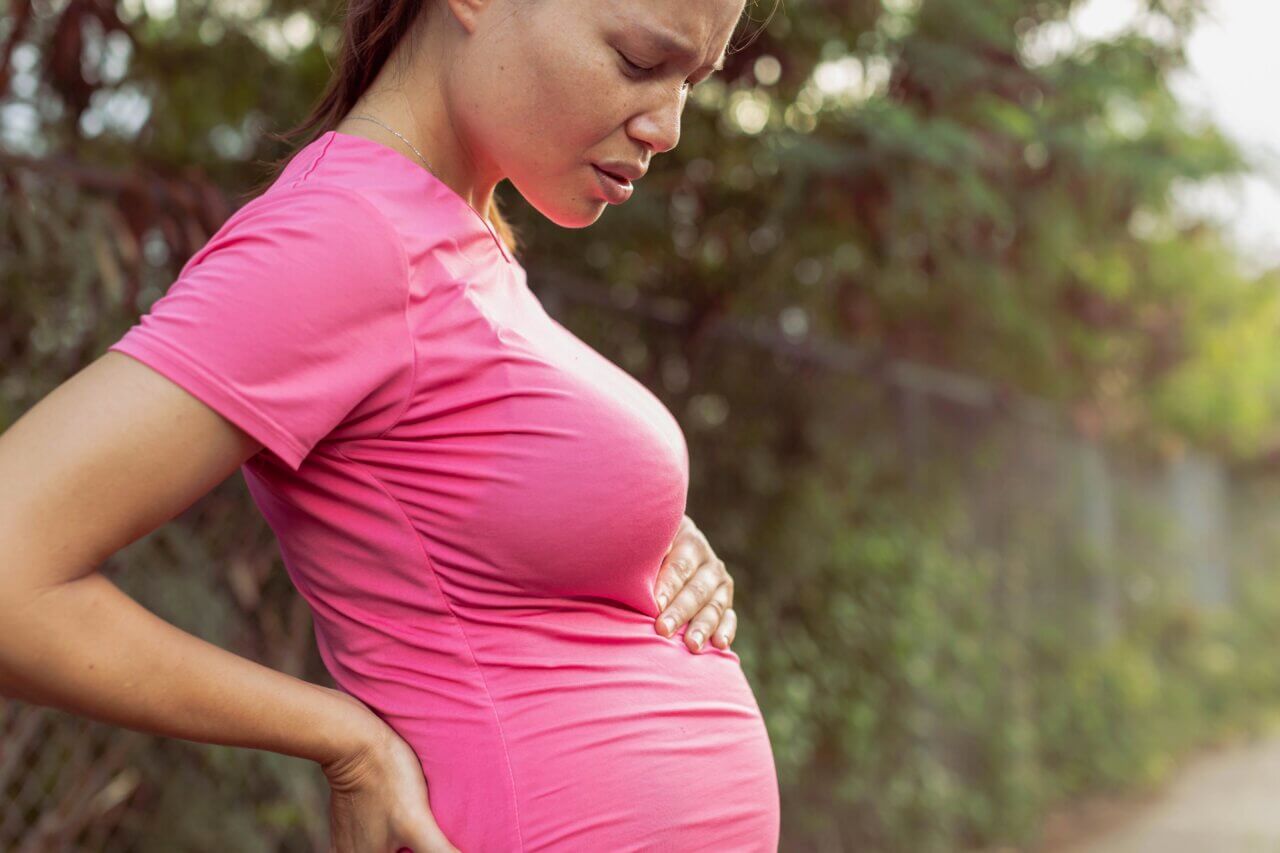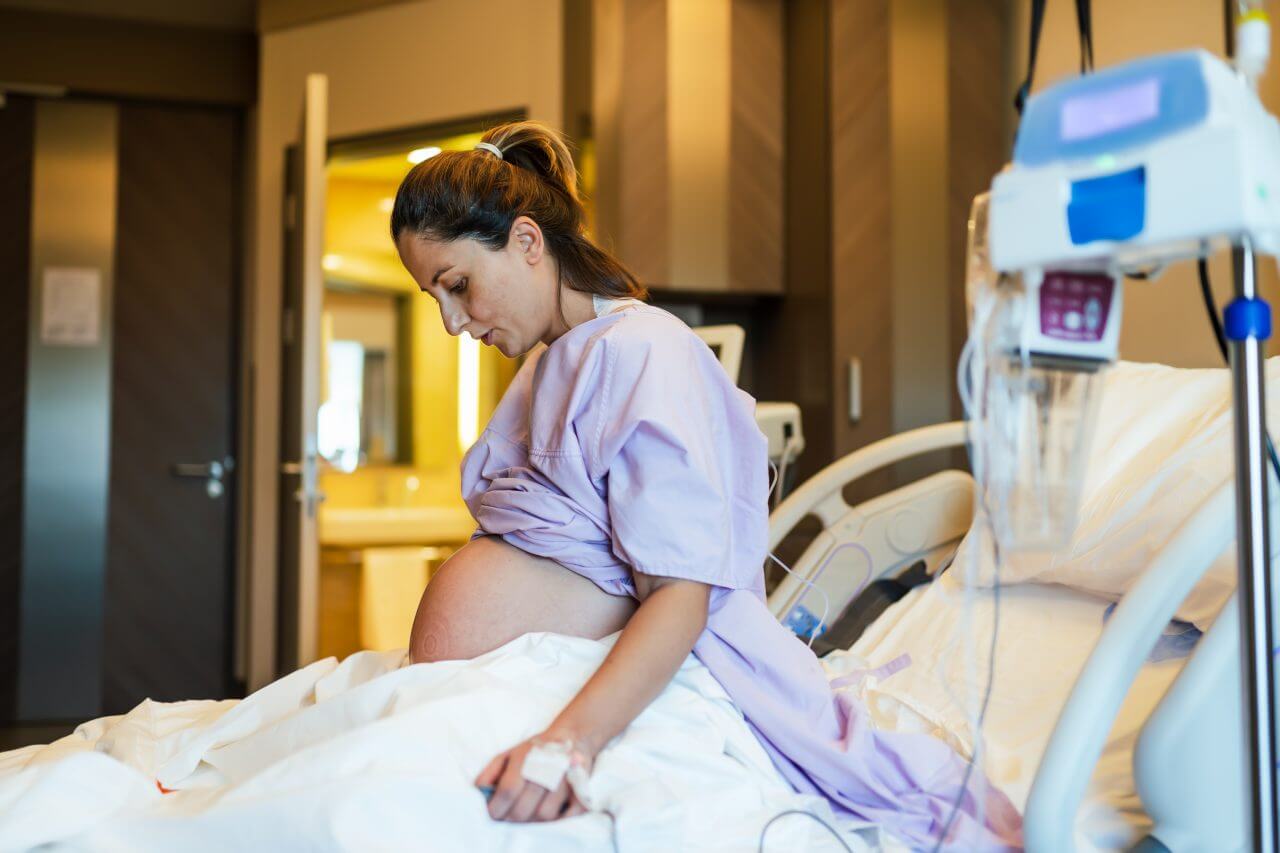5 Signs that You’re in Labor

Even moms who’ve been through it before can’t always tell when labor is starting. To help you figure out when you’re really ready to head to the hospital, check out these cues.
- Your water breaks. You’ve probably worried about this suddenly happening in the office elevator or at the movies. But only a small minority of women report that their sac of amniotic fluid broke before they started having regular contractions. Even if your water does break, you’re likely to feel a small leak, not a big gush, because you’re baby’s head often prevents too much fluid from leaking out. 80% of women spontaneously go into labor within 12 hours after their water breaks. And those who don’t are likely to be induced because of risk of infection increases once the amniotic sac has ruptured.
- You’re having strong, regular contractions. Even though contractions are a telltale sign of labor, many women are fooled by the practice of contractions (known as Braxton Hicks) in the last few weeks of pregnancy. Braxton Hicks contractions rarely get strong or regular, and then they usually go away. This may be because practice contractions can be triggered by hunger or dehydration. So eating or drinking something can sometimes quell them. True labor pains, by contrast, do not lessen until delivery. In fact, they typically get more intense and more frequent over time.
- You notice a discharge. During pregnancy, the cervix stays closed and plugged up mucus. It’s nature’s way of protecting your baby from infection. But as your progress toward labor, the cervix begins to dilate and soften in preparation for delivery, causing what’s accumulated there to dislodge. Also, blood vessels can tear as the cervix opens, tinting the discharge with blood. At that point, labor could be hours, days, or even weeks away, but these are hints that the cervix is changing.
- You get diarrhea. During the early part of labor, your body begins to release prostaglandins, a group of hormone-like substances that cause the uterus to contract and help soften and dilate the cervix. But prostaglandins can hyper-simulate the bowels, causing frequent stools or even diarrhea.
- Your back really hurts. If you’re like a lot of pregnant women, your back may have been aching for months. But when the pain becomes extremely harsh, this can be a sign that you’re experiencing “back labor”, which happens to nearly 1/3 of women. Normally, a baby descends the birth canal with its face pressed against the mom’s spine. But in some cases the baby descends with its skull hitting the mom’s spine. The result? Constant pain that may radiate to the abdomen but is mostly concentrated in the back.
Here at Baptist Health, we have the answers to your baby-related questions. Whether you need to register for a prenatal class, prepare for your pregnancy or learn about labor, you can find answers at Baptist Health. Learn more about Baptist Health Mother & Baby care.



